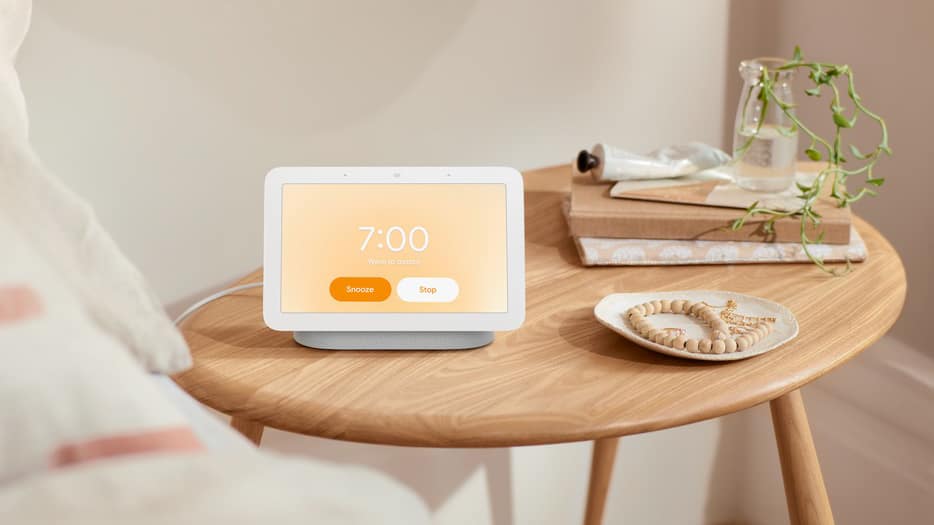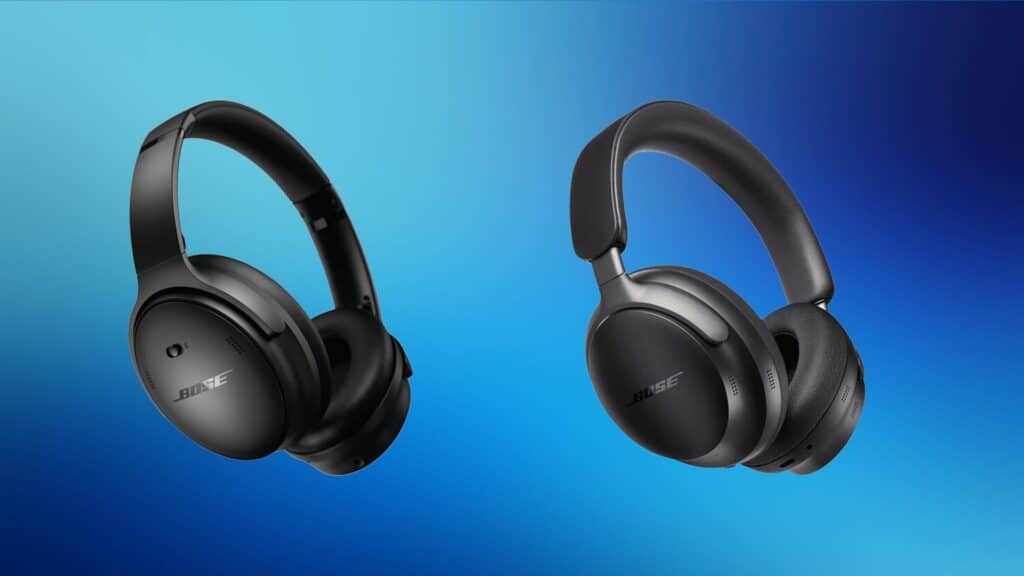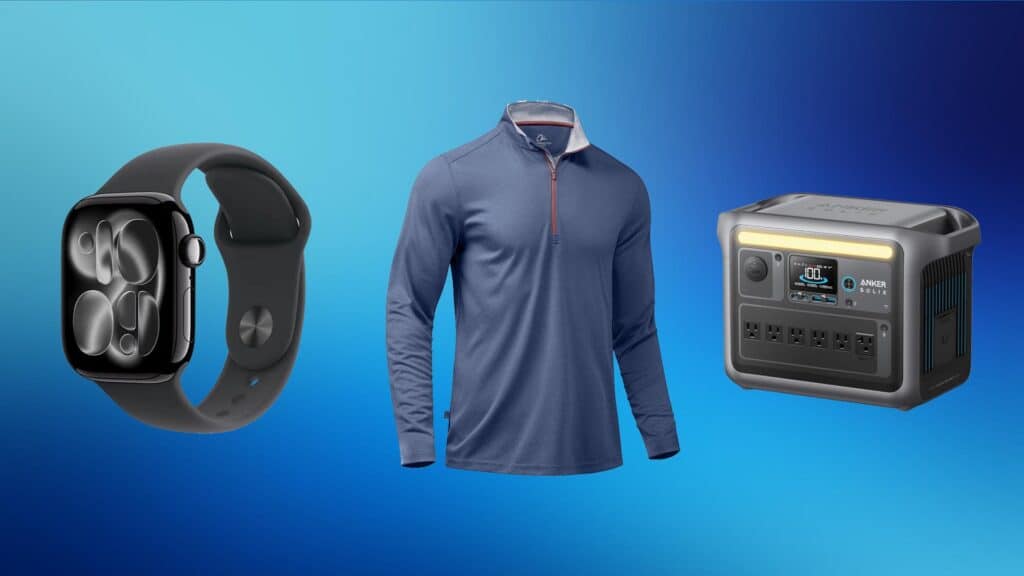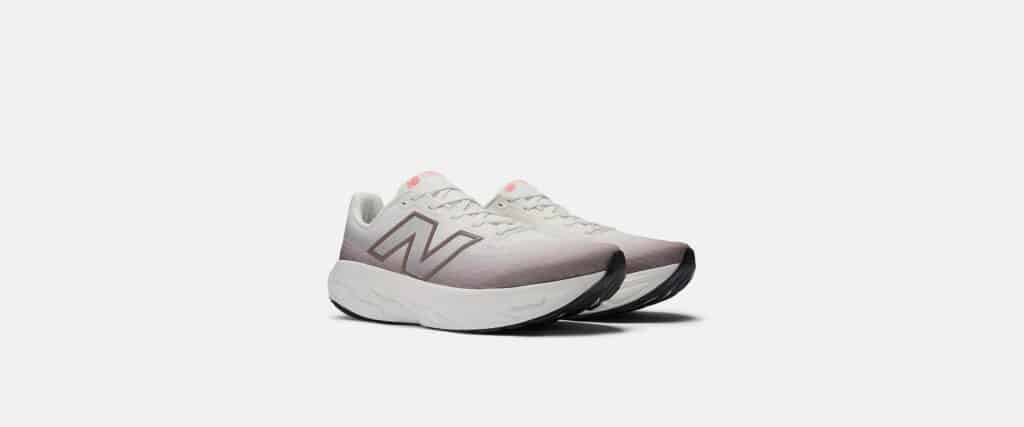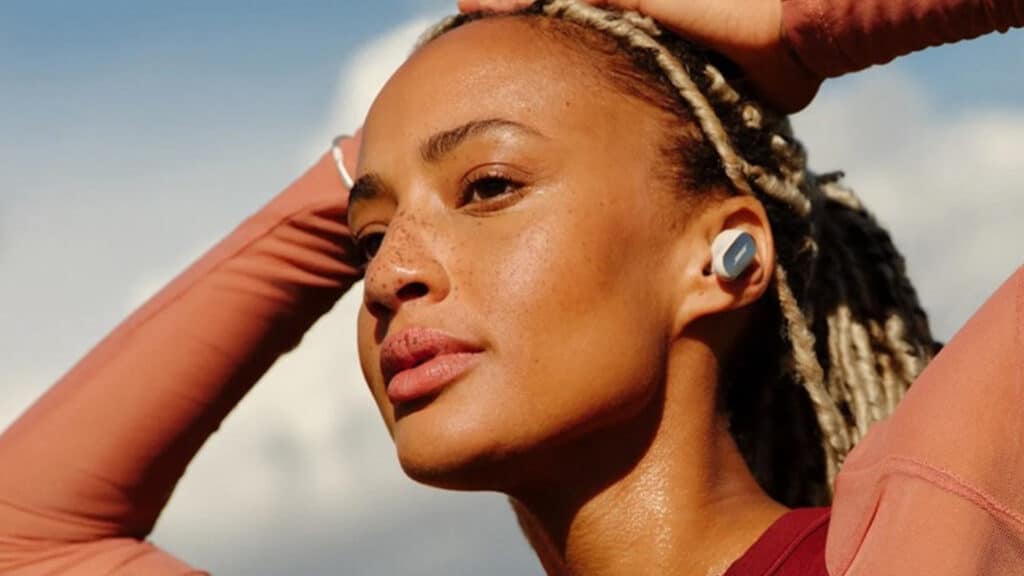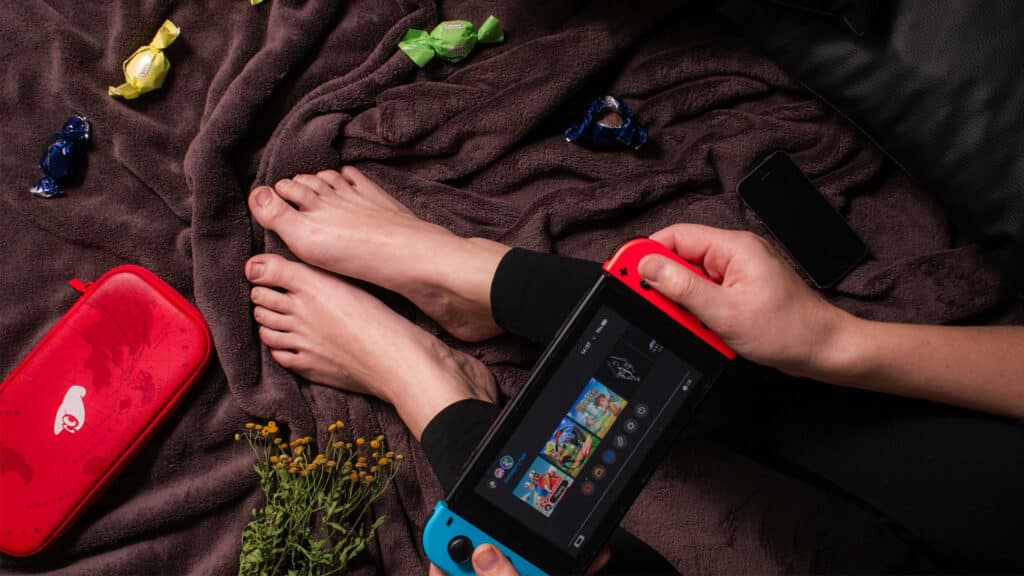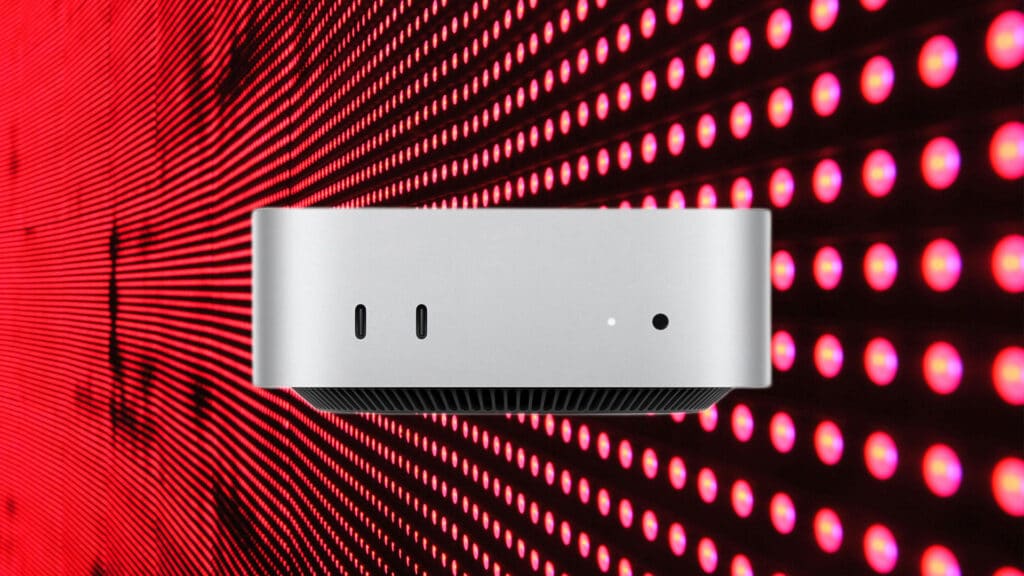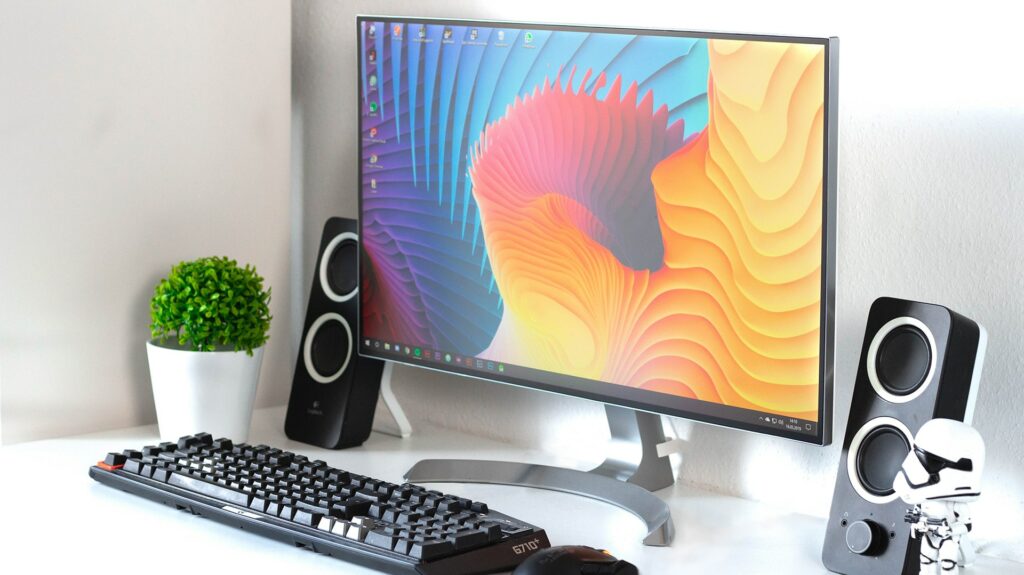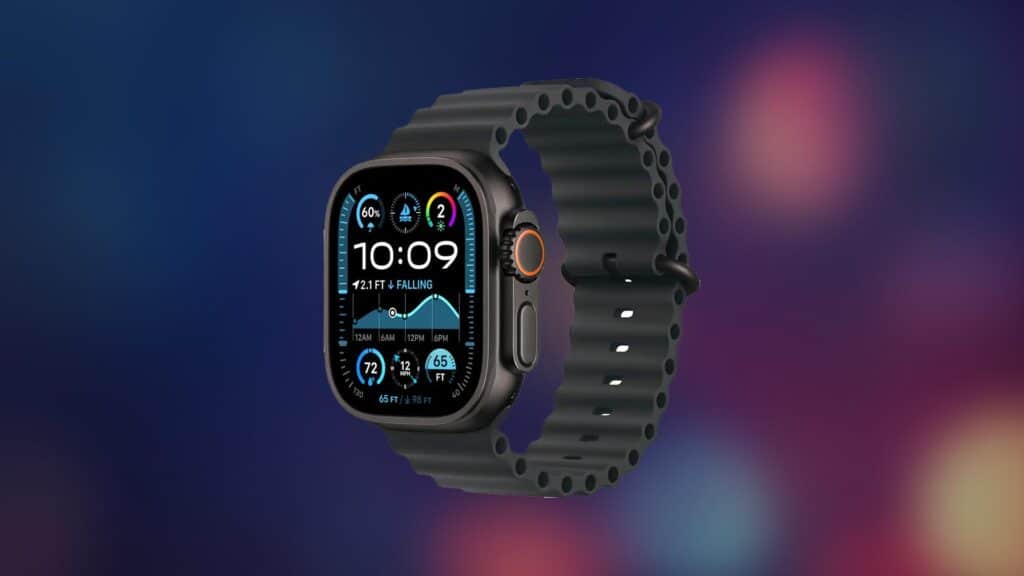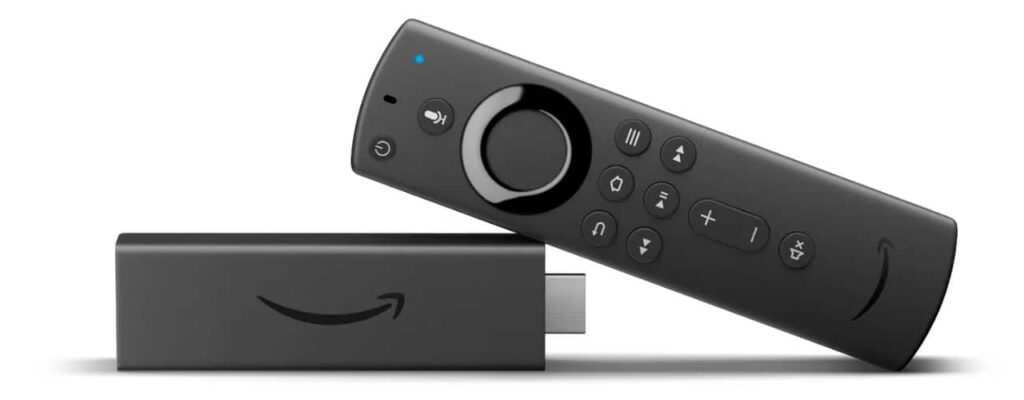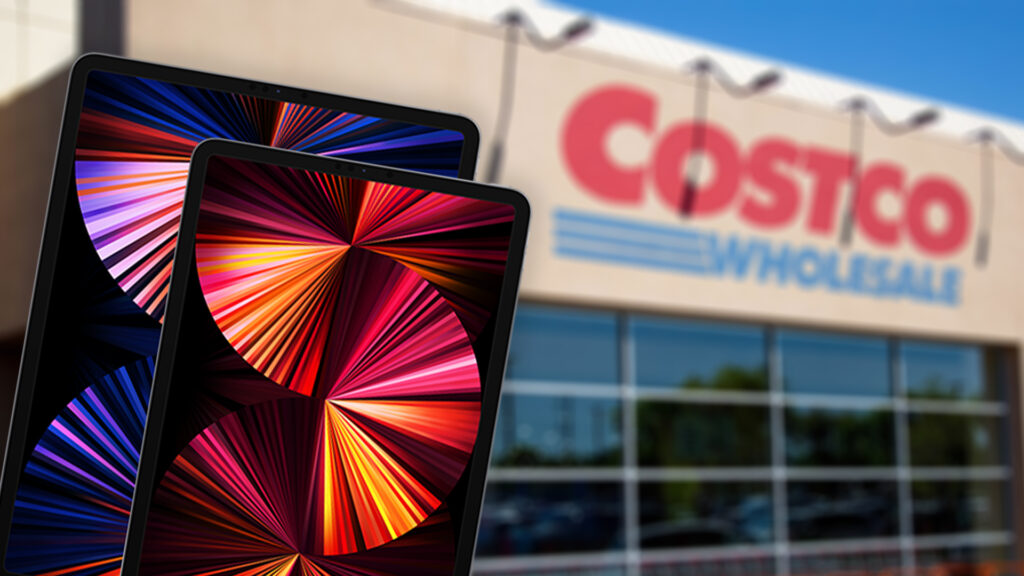Advertiser Disclosure: At Slickdeals, we work hard to find the best deals. Some products in our articles are from partners who may provide us with compensation, but this doesn’t change our opinions. Our editors strive to ensure that the information in this article is accurate as of the date published, but please keep in mind that offers can change. We encourage you to verify all terms and conditions of any product before you apply.
Reading Time: 4 minutesWhen I was growing up, I remember being told that getting at least eight hours of sleep per night was necessary to feel rested. This was also accompanied by a bunch of other anecdotes about not sleeping on your stomach, or having a firm mattress, etc. And as a young person, I just took them as truths and moved on.
But now, with better access to information and devices like Fitbit or the Nest Hub (2nd generation) with Sleep Sensing capabilities, I’m able to see for myself facts about my personal sleeping habits, and what other factors could be affecting the quality of rest I’m getting.
The main tool that’s helped me better tailor my sleeping routine and environment is the 2nd-gen Nest Hub’s Sleep Sensing function. Utilizing radar waves powered by Google’s Soli Technology, Nest Hub can detect motion and work in conjunction with the microphone to detect snoring, coughing or restlessness.
Here are some of the details that Sleep Sensing can track:
- Time at which you laid down in bed
- Time that you actually fell asleep
- How often you snored
- How often you coughed
- How restless you were
- Breathing RPMs
- The amount of light in the room
- The temperature of the room
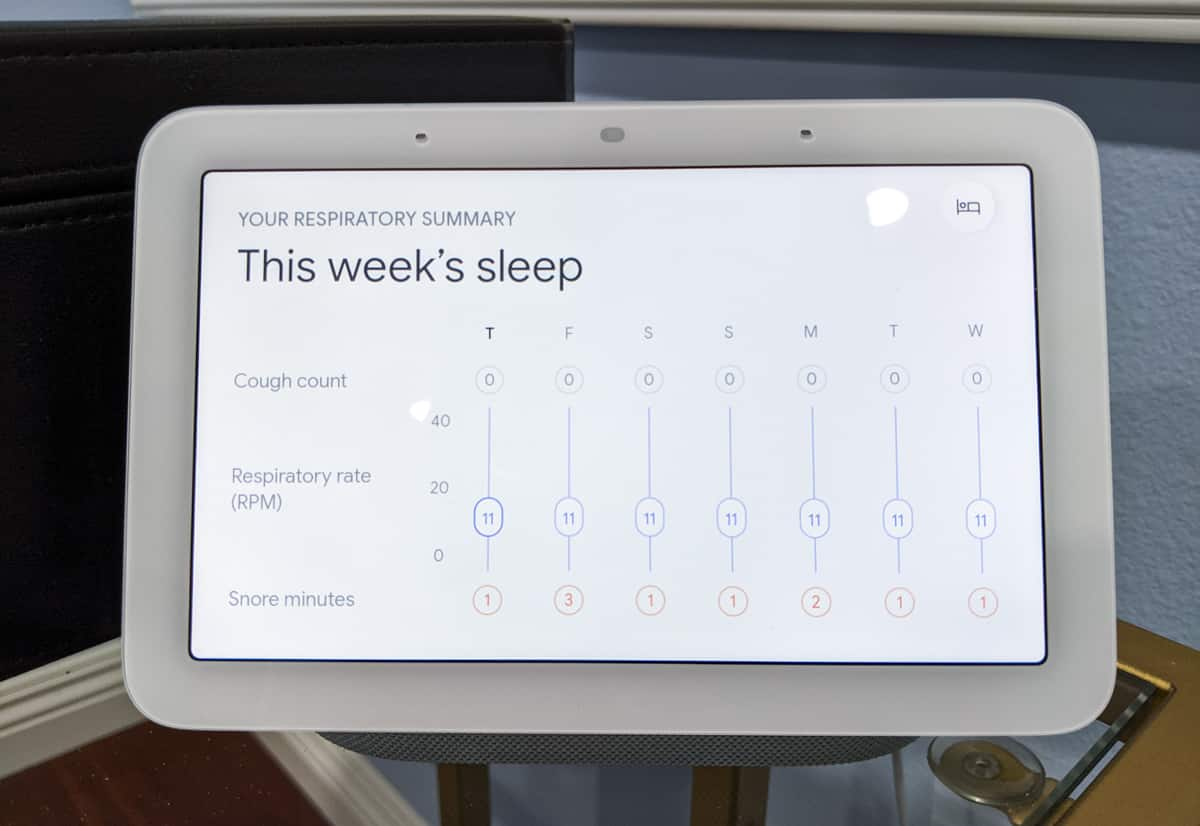
Credit: Slickdeals
After two weeks of collecting data, Nest Hub began recommending that I go to bed earlier (I’m a night owl!) and that I get at least 7.5 hours of sleep. But this got me thinking – what other sleep myths are being perpetuated?
Google’s Health team also wondered about this, which is why they held a Q&A with sleep experts Dr. Logan Schneider, M.D. and Dr. Conor Heneghan, PhD. Let’s learn more about what’s actually true about getting good sleep versus bad sleep.
Editor’s note: the following content originally appeared on Google’s blog and has been reprinted here with permission.
True or False: You need eight hours of sleep.
False. Everyone’s body and sleep needs are different, Logan says. “Basically, you need as much sleep as it takes to not feel…well, sleepy…over the course of your day.” While many recommendations suggest getting at least seven hours of sleep, this is based on what people report — which is often an overestimation of actual sleep. “When looking at objective measures of typical sleep, we tend to see that the actual amount of sleep humans get is around six and a half hours,” Logan says. Ask yourself: Am I waking refreshed? Am I alert without the assistance of caffeine or napping? Am I generally able to perform well mentally and physically? If the answers are “yes,” you’re likely getting enough sleep.”
True or False: Sleeping in on weekends can actually make you feel less rested.
True. Sleep sets your body’s internal “clocks” that determine when you should be alert and when you should be asleep. “The main way this clock gets set is by light exposure around the time you wake up,” Logan says. “So, if you’re sleeping well past the time you usually wake up, you’re confusing your body, telling it to adjust to a later time zone.” And this might not feel great when you go back to your normal schedule.
“While tempting to sleep in on the weekends, in general, your body responds best to a consistent bedtime and wake-up time. If you can avoid it, try not to make too large of a difference between your weekday and weekend schedules,” Conor adds.
True or False: Power naps are highly effective.
False…ish. “Various studies have explored the relationship of health and napping, and there have been lots of different results,” says Logan. “But the National Sleep Foundation found that polyphasic, or multi-period sleeping — aka, naps versus sleeping all night — isn’t ideal for most.” Trading naps for nightly sleep won’t benefit most people. That said, napping is a way to avoid hazardous situations when you’re sleepy. “If you need a nap to make it through the day, shorter naps, something like 10 to 20 minutes, tend to be the most restorative without causing consequences for the next primary sleep period.”
True or False: My exercise routine and diet impact how well I sleep.
True. “Regular exercise is one of the best things you can do to improve your sleep. Studies have shown that moving during the day can support better sleep quality and minimize anxiety, too,” Conor says.
Sleep can also be impacted by your diet, especially when it comes to alcohol. “While we all enjoy an occasional drink in the evening, on the whole, data shows alcohol too close to bedtime has a negative effect on your sleep. Alcohol might make you fall asleep a little faster, but you’re more likely to get restless throughout the night because it can disrupt your REM sleep, a restorative stage when you’re deep in your dreams. If REM is interrupted, it’s common to feel drowsy the next day,” Conor says.
True or False: The snooze button is your friend.
False. It’s best to allow yourself to sleep in until you need to wake up rather than setting an early alarm and snoozing. “Each time your alarm goes off, you’re disrupting your sleep, so any ‘sleep’ you get after hitting snooze isn’t restorative,” Logan says. “It takes a while for your brain to fall back to sleep. By snoozing, you’re breaking up the natural cycles of sleep and keeping your brain in more alert and resulting in lighter sleep, which won’t actually help you feel rested.”
“Consistency is what’s best for sleep,” Conor says. “And hitting snooze can disrupt that consistency, so you won’t feel refreshed.”
Plus, Logan says, you’re tricking your brain into thinking that snoozing feels good, when, in fact, you’re not actually getting more of what you need — refreshing sleep.

